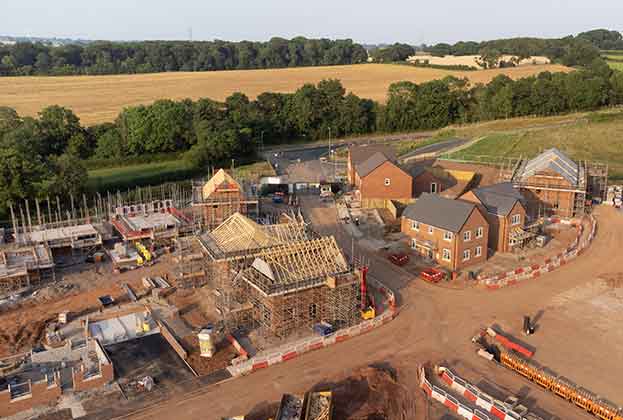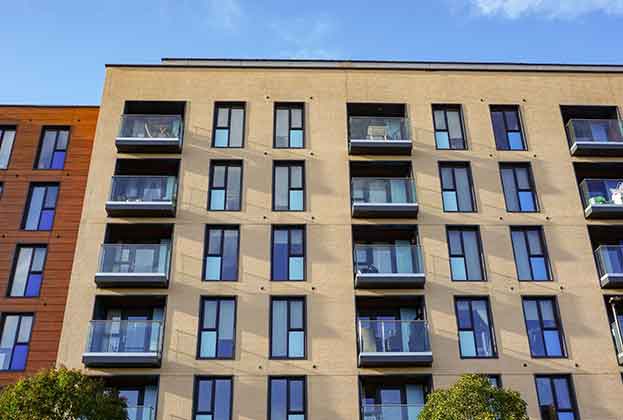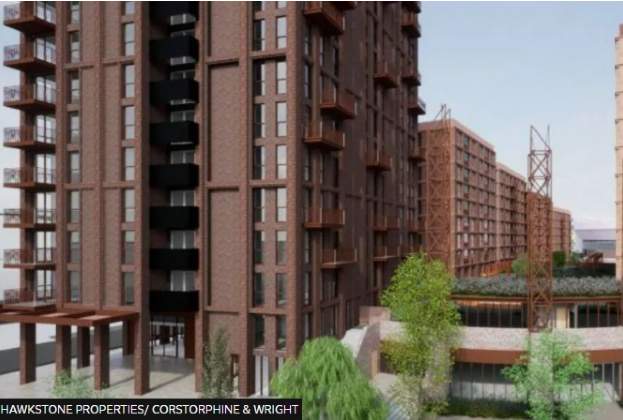While leisure travel is a phenomenon with a long lineage, ‘over-tourism’ is a phrase that seems to have entered common usage only in the last few years.
As I Walked Out One Mid-Summer Morning was Laurie Lee’s memorable account of his dusty tramp around pre-Franco Spain as a young man and his recollections of the Costa del Sol were as ‘a beautiful but exhausted shore, seemingly forgotten by the world’. Today, his evocations are of a place that few will recognise. From Venice to Skye, governments have been grappling with how best to manage too many visitors in too small a space.
Even with international travel curtailed, the brief respite from lockdown last summer saw staycationing surge, with more pressure placed on visitor hotspots than ever before. This had consequences for local communities, including visitors competing with residents for accommodation.
The Scottish tourism sector has been hugely successful in terms of income generation, with the total annual spend worth more than £10.5 billion. And now the Scottish Government, in an attempt to balance economic benefits with societal impacts, is hoping to protect the nation’s housing stock with further regulation of the short-term holiday rental sector.
So what are the changes and why should owners in some of Scotland’s tourist hotspots try to get ahead of them by achieving planning permission sooner rather than later?
The Scottish Government has been working on two publications which, while rather less lyrical than Lee’s musings, could have great significance to the development of Scotland’s tourist accommodation. The Town and Country Planning (Short-term Let Control Areas) (Scotland) Regulations 2021 will allow Scottish local authorities to decide whether any areas within their jurisdiction need to be designated as ‘short-term let control areas’. Within such areas, a change of use of a dwelling house to one providing short-term lets will be deemed to be a material change of use and so will require planning permission. Local authorities with recognised tourist hotspots that may well take up use of these powers include Edinburgh, Glasgow, Fife and Highland.
Holyrood has also been exploring how to regulate these properties under the Civic Government Act 1982. The intention is to require all local authorities to establish a licensing scheme separate from planning to ensure that all short-term lets are safe and address issues faced by neighbours. The licensing regime is designed to ensure that local authorities know and understand what is happening in their area so they can make certain premises are of a suitable standard and can handle any complaints effectively.
The planning regulations came in to force on 1 April 2021, allowing local authorities to begin the process of defining their ‘short-term let control areas’. The licensing regulations are scheduled to be considered by parliament in June this year. It is expected that a period up to April 2022 will then allow councils to design and launch their licensing schemes.
It is expected that all new and existing short-term let owners will thereafter be required to have their licence applications submitted by April 2023, with licences in place a year later. Having planning permission in place in those areas where short-term control areas have been established is likely to be a pre-condition of gaining the licence.
With likelihood of enforcement on licensing some years away, owners might be forgiven for thinking that this is a distant threat. However, given the probable pre-conditions of the licence in control zone areas, the number of planning applications needed to pass through the system will be considerable.
Taking Edinburgh as an example, research conducted in May 2019 showed that 6167 ‘whole properties’ were available on Airbnb across the city’s most advertised 10 wards. In the City Centre ward alone there were 2142 such listings. Given the City Council typically validates 400-500 applications every month, a sudden influx of several thousand additional applications could create serious delays if all owners wait till the last minute.
Thinking sustainably, the key will be to ensuring what makes these places special – and attracts tourists in the first place – does not become lost. For property owners who hope to continue to benefit from tourism’s undoubted benefits, the advice is to engage with the new regulations and to think early about getting any necessary approvals in place.




.jpg)
.jpg)
.jpg)
.jpg)
.jpg)

